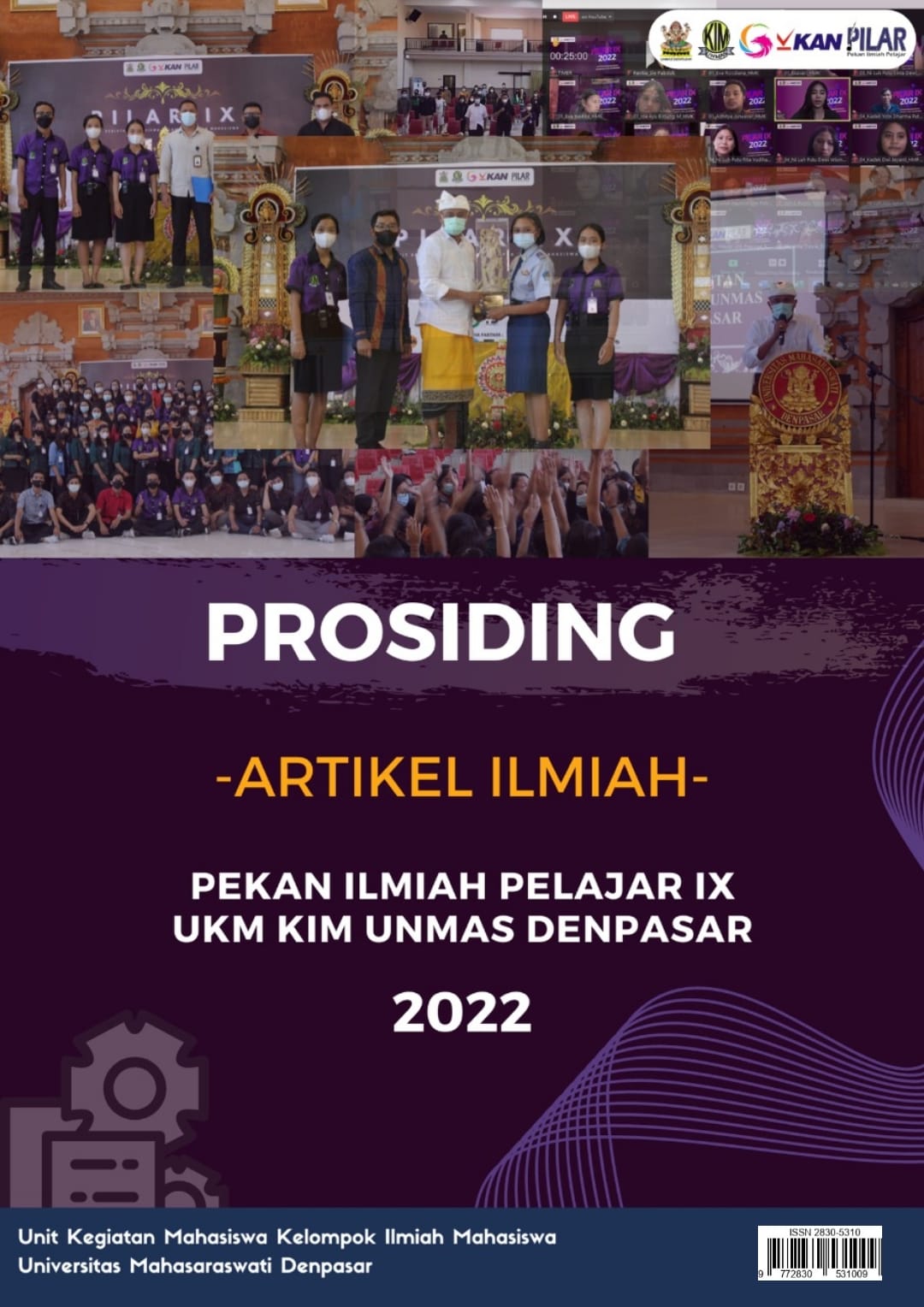Food Bank sebagai Bentuk Kepedulian Generasi Z Peduli Ketahanan Pangan dengan Integrasi Sekolah dan Masyarakat dari Pemanfaatan Food Waste
Kata Kunci:
generasi z, SDGs, food waste, food bankAbstrak
Generation Z or Gen Z is referred to as the generation born after generation Y. Gen Z is relied on to be the nation's next generation towards a Golden Indonesia 2045. Apart from being the nation's next generation towards a Golden Indonesia 2045, Gen Z's role is also expected to be active in the SDGs. The Sustainable Development Goals (SDGs) are a global action plan agreed by world leaders. One of the points discussed by the SDGs was “End hunger, achieve food security and better nutrition and support sustainable agriculture”. The purpose of this research is the strategy of Generation Z as Agent of Change in overcoming food security. In Indonesia, there are still many people who lack food, but according to the Global Hunger Index, Indonesia is one of the largest producers of food waste in the world. Meanwhile, The Economist Intelligence Unit stated that Indonesia is the second largest producer of food waste in the world after Saudi Arabia (Jakarta Globe, 2017). Hunger is the inability to meet energy needs (on average throughout the year) to live a healthy, productive life and maintain a healthy weight (FAO 2003). The research method used for writing scientific papers is descriptive analysis research with studies of scientific journals. Based on the 2010 Basic Health Research, 16.9%-50% of school-age children and adolescents, and an average of 31.2% of adults in Indonesia cannot eat breakfast. The results of another survey 44.6 percent of children have breakfast with low quality or the amount of energy consumption is less than 15 percent of the RDA. Having breakfast at school is considered to be quite helpful so that school children get food in the morning. The role of Generation Z as an agent of change in food defense is to make a strategy in maintaining food by utilizing food waste processing with food banks, where food waste is currently a familiar problem. Generation Z, which is expected to be an active generation, seeks to stabilize food security through processing from food waste. Support and assistance from various parties are also needed to support the efforts made by Generation Z so that these efforts can be more effective and maximal

